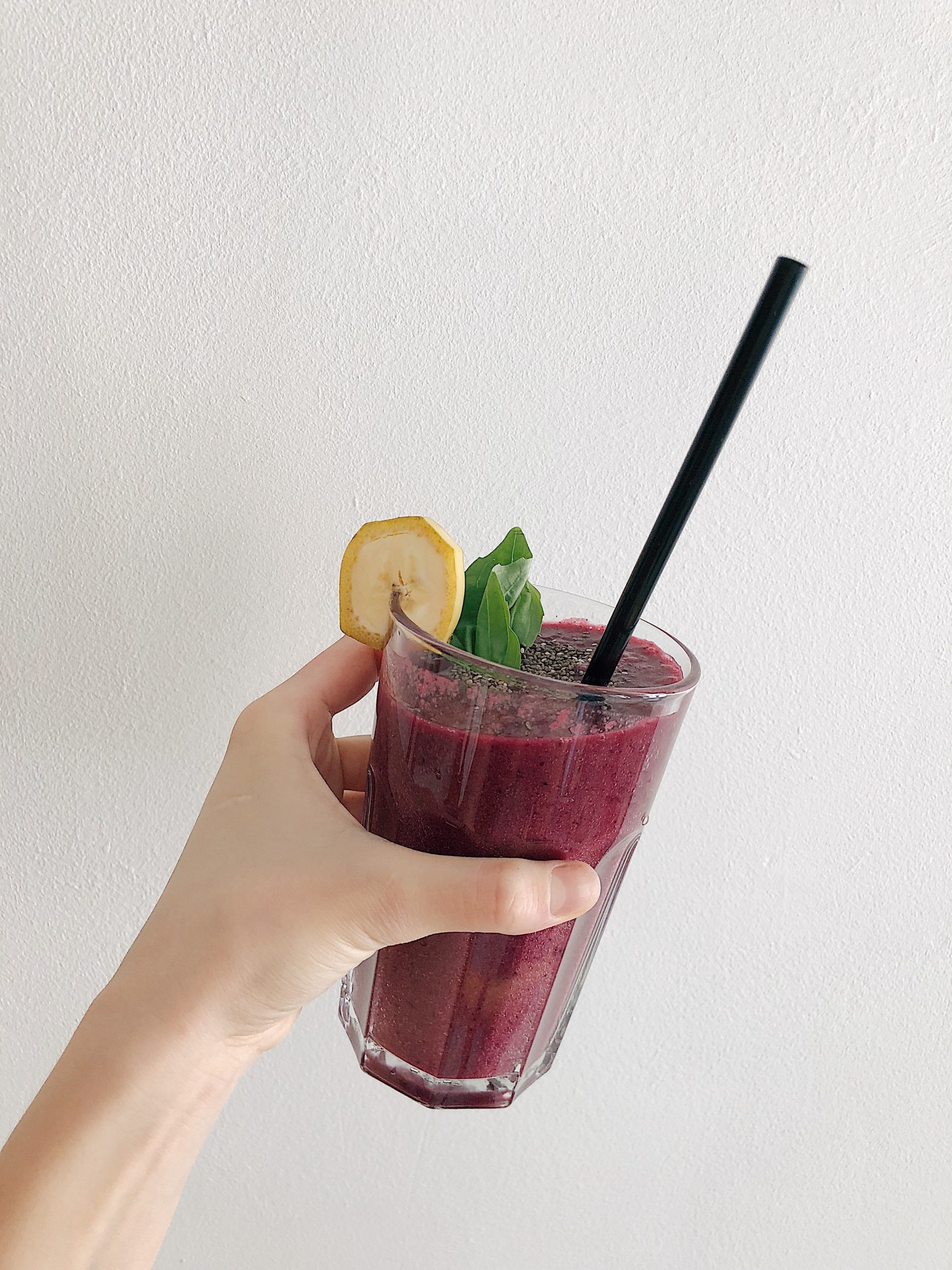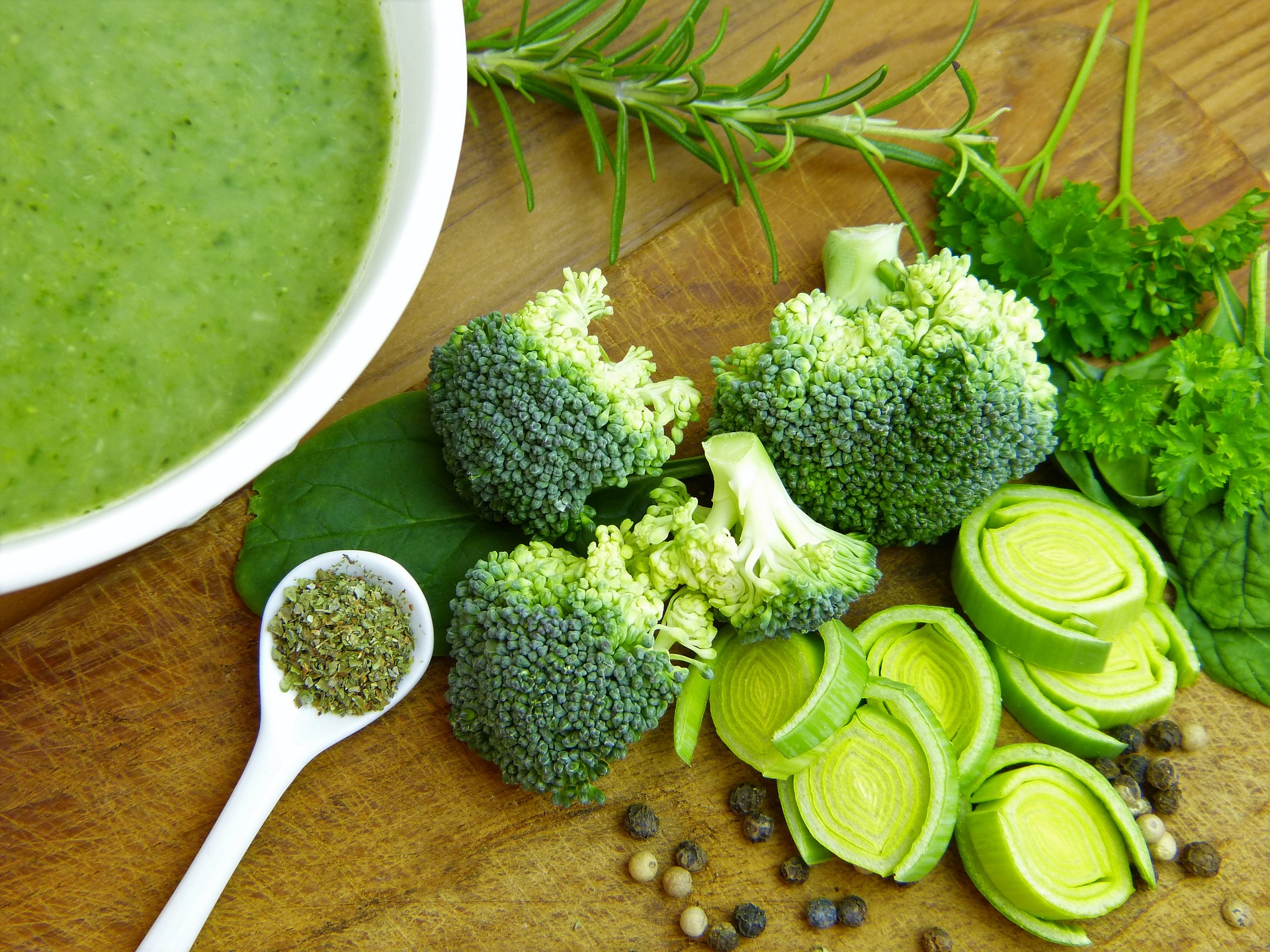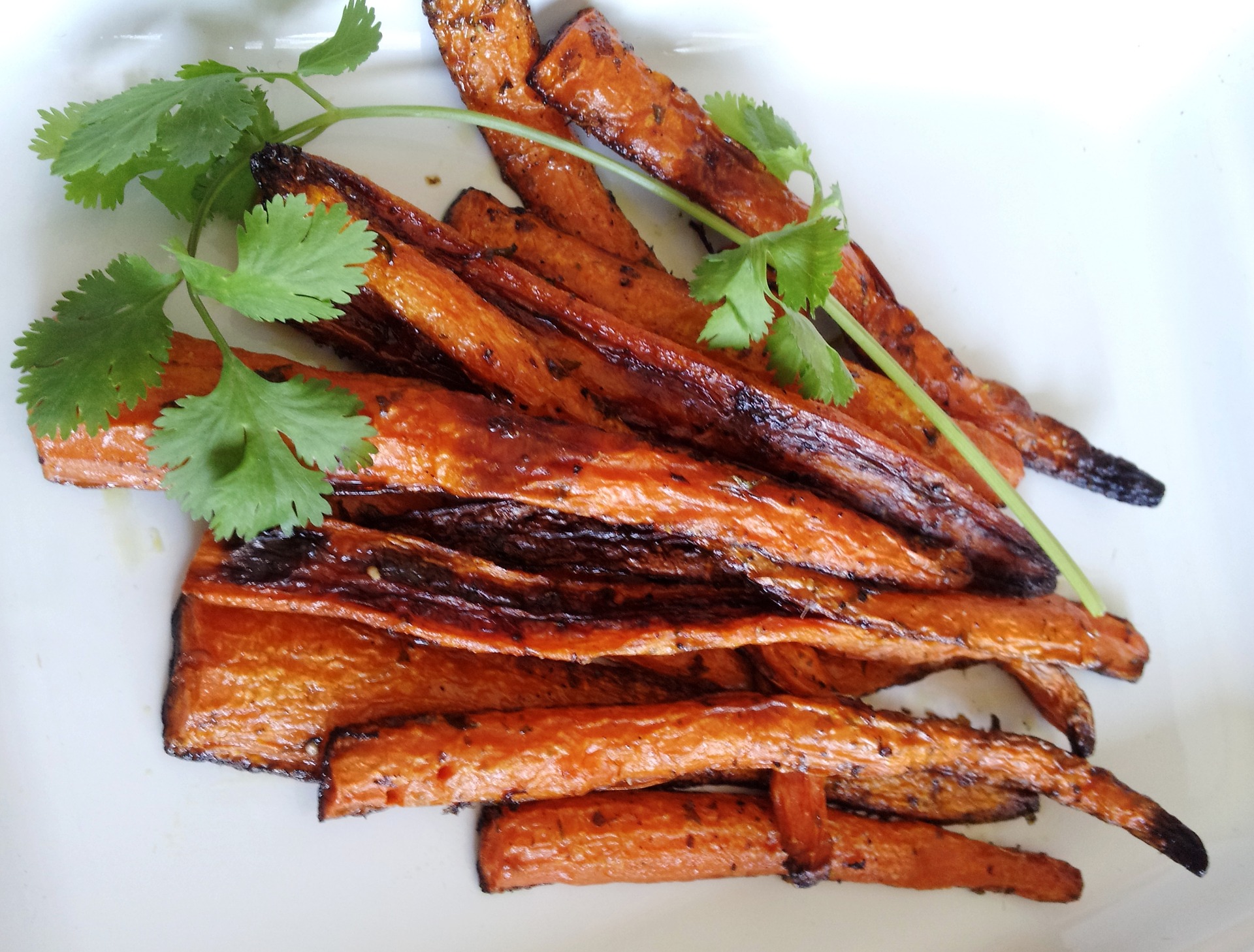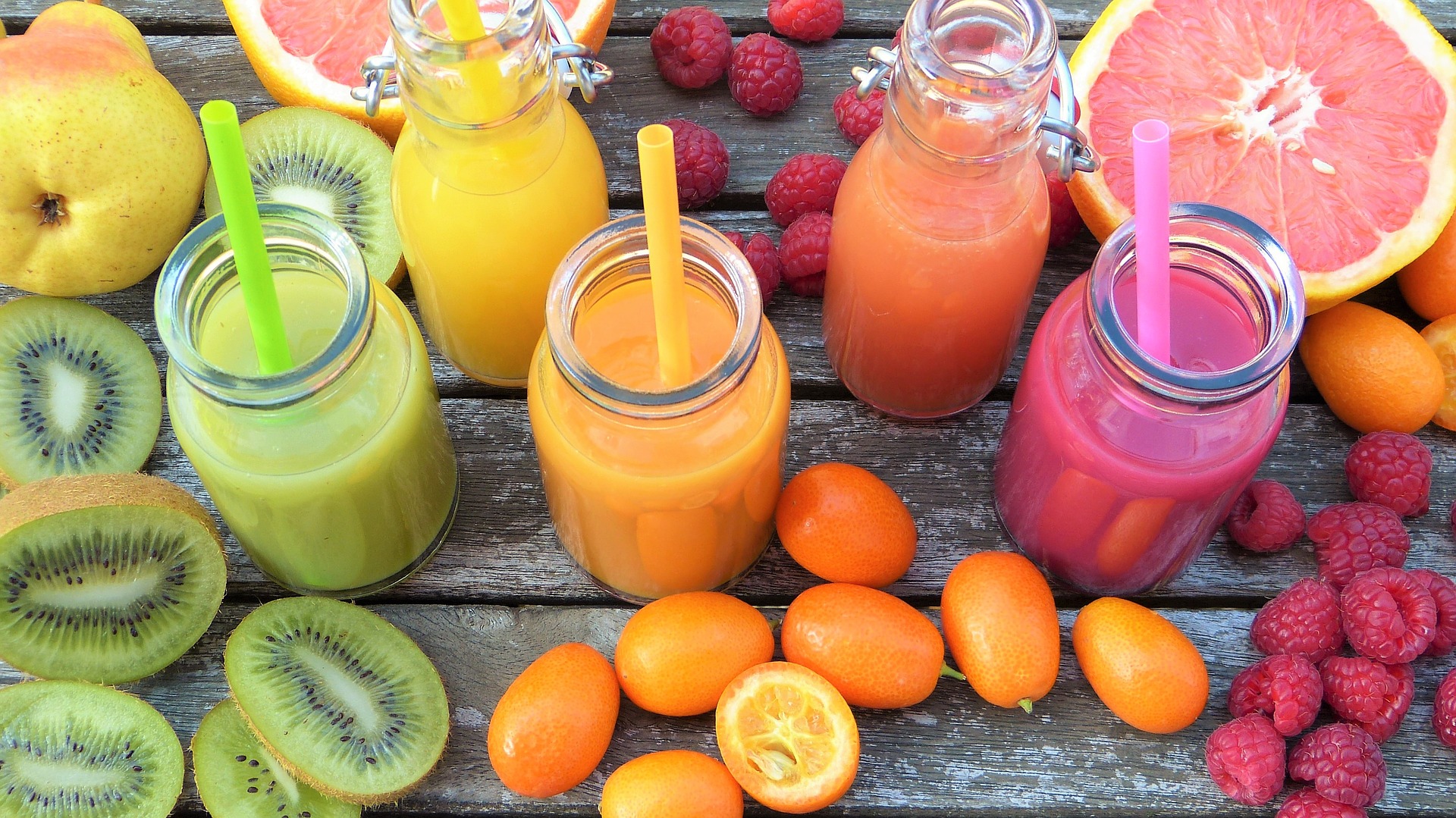The Dreaded Hangover, Often the Consequence of a Good Time
I am not one to drink regularly, however, I do on occasion like to socialise and let my hair down with a few drinks.
Because alcohol highly depletes our vitamins, minerals, body fluids and disrupts the functioning of our guts and liver, it is important to replenish with quality nutrients.
I like to take a liver support before the event and drink lots of water to reduce dehydration.
Once I get home and, in the morning, I find a nice smoothie nourishing and restoring and…. greatly reduces the severity of the hang over.
This smoothie is dairy free, gluten free, vegan and refined sugar free!
In my Hangover Survival Smoothie you will find
1 cup almond milk or coconut water (full of electrolytes)
½ cup mixed berries (full of antioxidants)
1 banana (contains potassium, vitamins, minerals and carbohydrates)
¼- ½ avocado (healthy fats to reduce inflammation and fibre)
1 tsp cacao powder (contains magnesium)
20g prana or Sunwarrior protein vegan proteins
¼ cup baby spinach
1 tsp cinnamon
1 tsp nut butter
60ml Kefir
1 tsp maca powder
1 tsp chia seeds
Simply blend it all up before you begin your big night/day and have half when you get home and finish it off in the morning with a healthy protein and complex carb brekky.
Why these ingredients?
Coconut water contains a mix of electrolytes to support proper hydration and the processing of alcohol.
Berries are high in antioxidants to reduce the oxidative damage that alcohol has on our body. They also contain vitamin C to support the immune system and processing of alcohol.
Bananas are a source of the electrolyte potassium to replace the losses caused by the diuretic effect of alcohol. They also contain other beneficial vitamins and minerals.
Avocados are rich in fibre and potassium but are also are great source of healthy fats which help to reduce the oxidative damage caused by alcohol.
Cacao is rich in antioxidants to reduce oxidative damage and is a valuable source of magnesium, another electrolyte that assists in hydration, the processing of alcohol and relaxed the muscle and nervous system. Magnesium is also a vasodilator which can reduce the severity of headaches.
Protein utilisation and absorption is reduced with alcohol intake. Because protein plays an important role in every function of our body including our immune system, nervous system, digestive functions, liver function and muscle repair and function it is important that we replenish our protein to process the alcohol we have consumed and restore efficient and optimal body function.
Spinach contains iron and antioxidants along with other essential vitamins and minerals to reduce damaged blood cells and oxidative damage.
Cinnamon soothes and warms the digestive tract but also assists in blood sugar regulation that is often disrupted by alcohol, particularly those yummy drinks containing large amounts of sugars.
Nut butters not only taste delish! but they contain beneficial amounts of healthy fats.
Kefir assists in restoring the healthy gut bacteria that we lose with drinking alcohol. Many people now days have altered gut flora without the inclusion of alcohol so re-introducing these important little friends goes a long way towards a healthy hangover recovery.
Maca powder will boost your energy levels to bounce back faster.
Chia seeds are little seeds that pack a powerful nutritional punch. They are full of antioxidants, vitamins, minerals, protein, fibre and healthy fats providing the tools for a speedy recovery.
It’s what you put in that counts!






